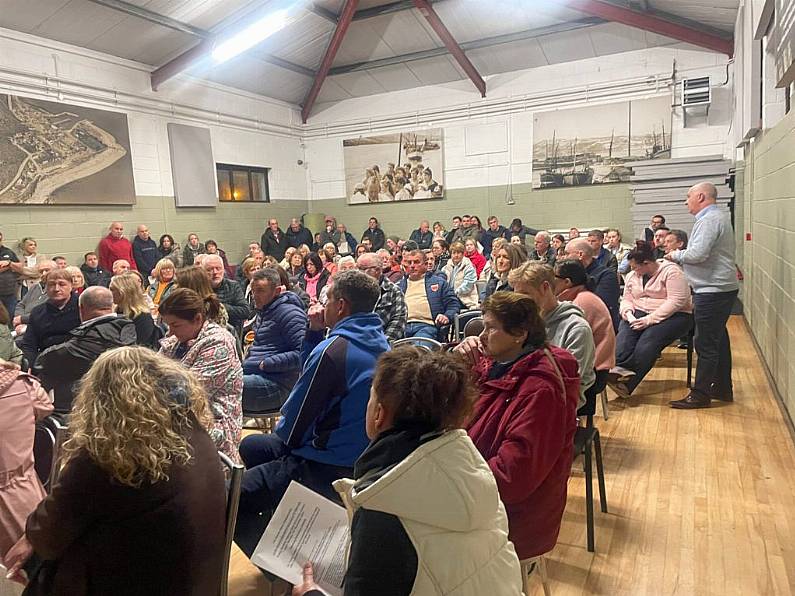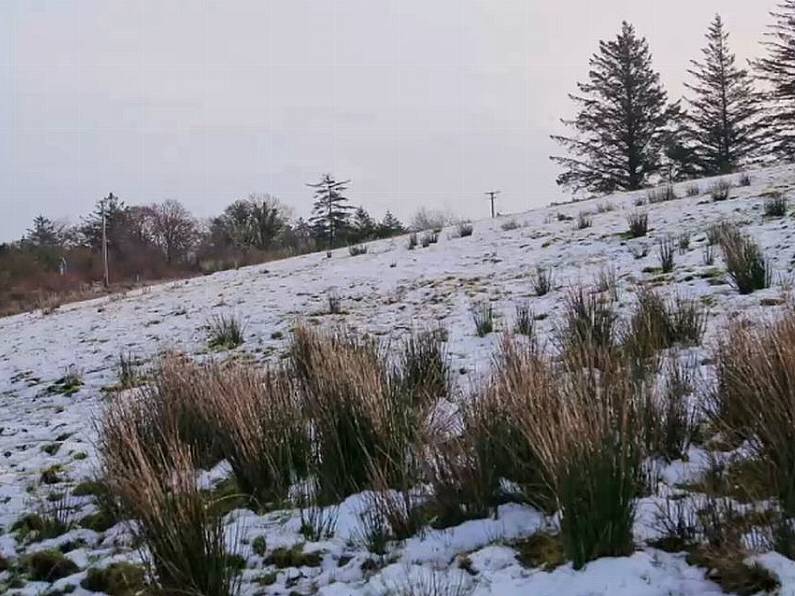An elderly woman who suffered a serious arm injury after falling at a caravan park in Co Waterford has lost her appeal over the dismissal of her damages claim.
Philomena White, with an address on Waterford’s Cork Road who is now in her early 80s, had sued William Doherty and S & K Carey Ltd, as occupiers of Woodstown Caravan Park, over her fall on May 3rd, 2010. She was aged 73 at the time.
She appealed after the High Court found she had not established negligence or breach of the common duty of care under the Occupiers Liability Act 1995.
Mary Carolan reports in the Irish Times that a three judge Court of Appeal yesterday dismissed her appeal. It also awarded costs of the appeal against Mrs White after agreeing with Mark Dunne SC, for the respondents, that there were no exceptional circumstances to justify departing from the normal rule that costs go to the winning side.
It left in place the High Court order that each side pay their own costs of the High Court hearing.
Giving the appeal court’s judgment, Ms Justice Aileen Donnelly, with whom Ms Justice Marie Baker and Ms Justice Caroline Costello agreed, noted Mrs White and her husband have had a mobile home in the park for 46 years.
The trial judge had fully accepted Mrs White’s evidence as to how her accident occurred as she walked from her mobile home to the toilet and shower block about 6pm, she noted.
Mrs White had said, at some point between the last two mobile homes before the block, her toe stuck in something, she lost her balance and, as the ground was sloping away from her, could not stop herself falling.
She was not exactly sure where she hit the toilet block but thought it may have been in the centre of the wall.
Her claim in negligence revolved around the state of the ground near the block. She claimed it was uneven with protruding stones.
The High Court heard the block was not in regular use for mobile home owners as each had been provided with their own toilet. It accepted Mrs White’s evidence she had a particular reason for using the block on the day.
Ms Justice Donnelly noted the common duty of care to a visitor ona supervised premises is to ensure the visitor does not suffer injury or damage. The duty is to take “such care as is reasonable in all the circumstances”, having regard to the care a visitor may reasonably be expected to take for their safety and the extent of supervision and control to be reasonably expected over a visitor’s activities.
The question of what amounts to a tripping hazard or danger must depend on the particular circumstances, she said.
On the facts as found by the trial judge, there was no basis for considering the evidence demonstrated the ground consisted of an unusual danger over and above the type of uneven surface one might expect in a caravan park, she said.
Users of the park would be expected to take care of any tripping hazard that might exist because of loose or embedded stones, she said.
The trial judge had found those stones were part of the topsoil and did not prevent the grass being cut. Having regard to the trial judge’s findings as to the nature and condition of the fall area, it cannot be said, as a matter of law, the trial judge erred in concluding the respondents had not breached the common duty of care, she said.












